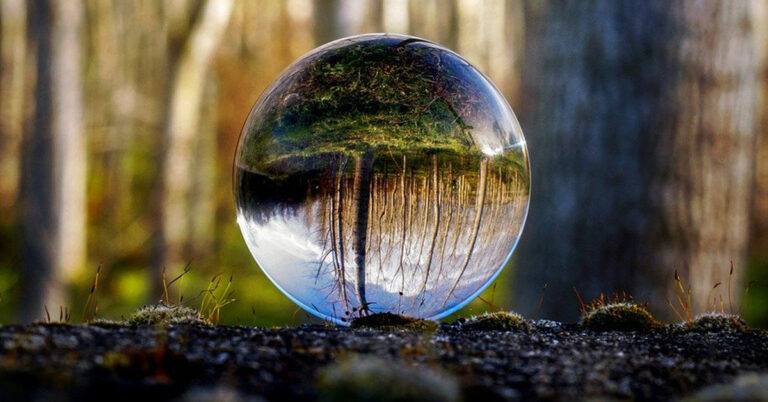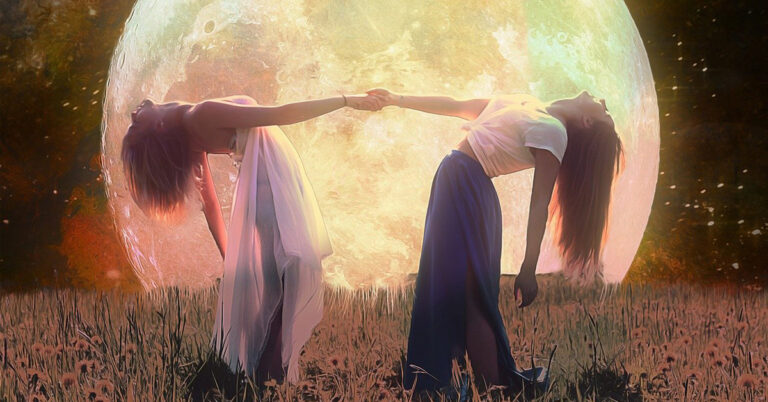
Spiritualism: Connecting With The Spirit World
Spiritualism is a religion and philosophy based on the belief that the dead can and do communicate with the living. Spiritualists believe that the spirit world is a real and vibrant place.
Druidism is an ancient spiritual tradition with roots in Celtic cultures of Europe. Druids were highly respected members of society, serving as priests, teachers, judges, and healers. They possessed a deep understanding of the natural world and were believed to have the ability to communicate with spirits.
Origins and History of Druidism
The precise origins of Druidism are unknown, but it is believed to have emerged in Iron Age Europe, around 500 BCE. Druids were active in Gaul, Britain, and Ireland, and they played a significant role in Celtic society.
Druidism was a closely guarded oral tradition, and there are few written records of their beliefs and practices. However, we can learn about Druidism from the writings of Roman historians, such as Julius Caesar and Tacitus.
Druid Beliefs and Practices
Druids believed in a pantheon of gods and goddesses, including Belenus, the sun god; Brigid, the goddess of fire and fertility; and Dagda, the god of agriculture and the afterlife. They also believed in the immortality of the soul and the transmigration of souls.
Druids were trained for many years, and they were expected to memorize a vast amount of knowledge, including the history, mythology, and law of their people. They were also skilled in astronomy, medicine, and divination.
Druids played an important role in Celtic society. They were responsible for religious ceremonies, education, and legal matters. They were also advisors to kings and chieftains.
The Decline of Druidism
Druidism began to decline in the 1st century CE with the Roman conquest of Gaul and Britain. The Romans viewed Druidism as a threat to their rule, and they suppressed it.
Despite the Roman suppression, Druidism survived in some parts of Britain and Ireland. However, it gradually declined in the centuries that followed, and it eventually disappeared.
Modern Druidism
In the 18th and 19th centuries, there was a revival of interest in Druidism. This revival was led by scholars and antiquarians who were interested in Celtic history and culture.
Modern Druidism is a diverse and eclectic movement. There are many different Druidic traditions, each with its own unique beliefs and practices. Some modern Druids are pagans, while others are not.
Druidism Today
Today, Druidism is a small but growing spiritual tradition. There are Druidic groups all over the world, and they are actively engaged in a variety of activities, including religious ceremonies, education, and environmental activism.
Core Principles of Druidism
Druidism emphasizes a deep respect for the natural world and a belief in the interconnectedness of all things. Druids believe that humans are part of nature, not separate from it.
Druids also believe in the importance of balance and harmony. They strive to live in balance with nature and with themselves.
Druidism and the Environment
Many Druids are passionate about environmental protection. They believe that it is our responsibility to care for the Earth and all of its inhabitants.
Druids are involved in a variety of environmental initiatives, such as tree planting, cleanups, and campaigns to raise awareness about environmental issues.
Conclusion
Druidism is a rich and ancient spiritual tradition with a deep connection to the natural world. Druids are committed to living in harmony with nature and to protecting the environment. If you are interested in learning more about Druidism, there are many resources available online and in libraries. You can also find Druidic groups in your local community.
share this Post:

Spiritualism is a religion and philosophy based on the belief that the dead can and do communicate with the living. Spiritualists believe that the spirit world is a real and vibrant place.

Paganism is a broad term used to describe a wide range of spiritual beliefs and practices that do not fall within the major world religions of Christianity, Islam, Judaism, Hinduism, or Buddhism.